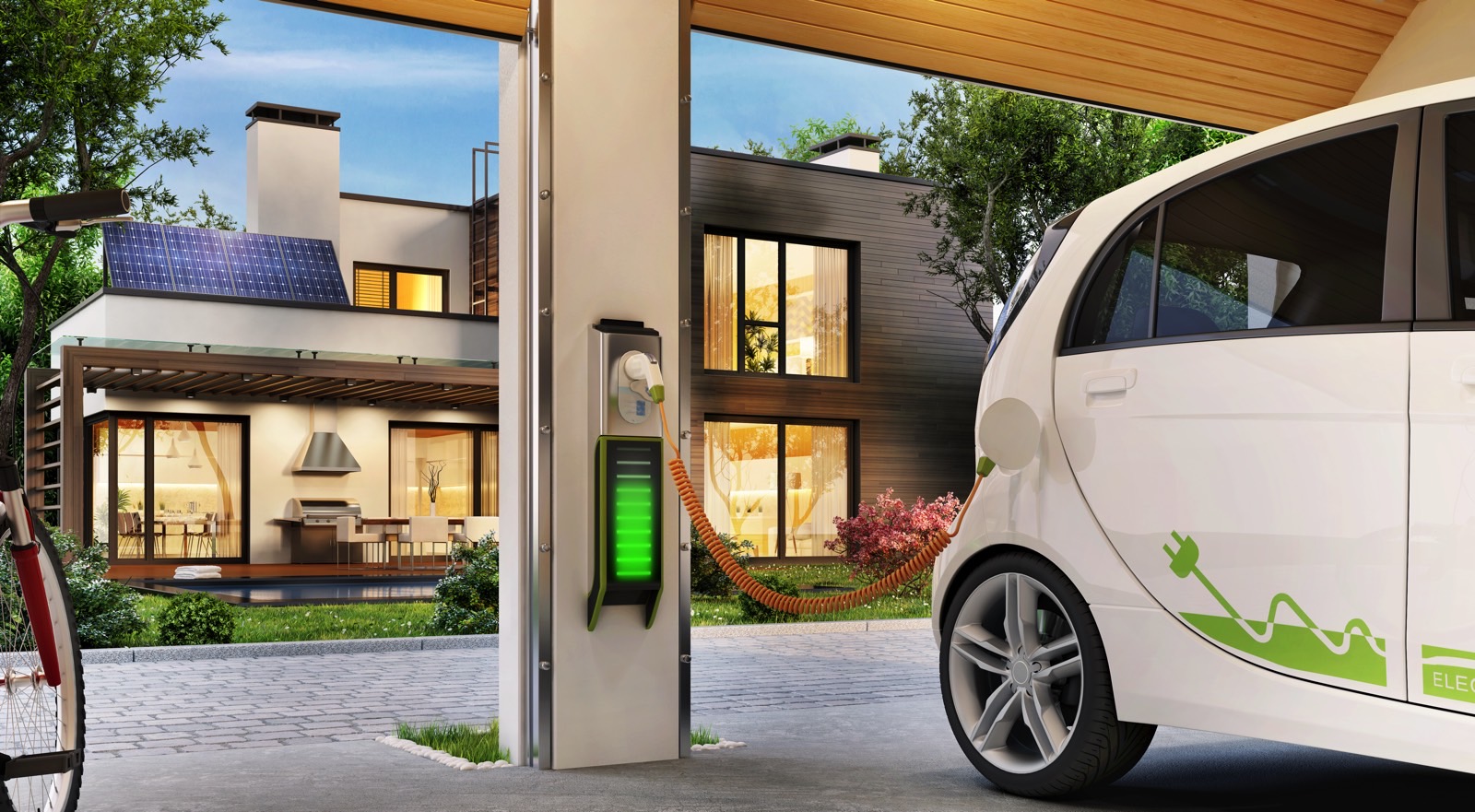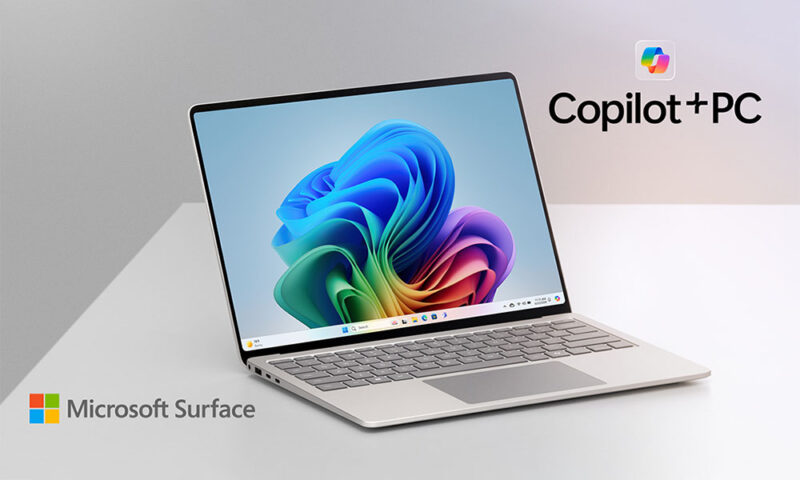Algorithm discovered that could potentially increase the lifespan of current Li-ion batteries by double

A groundbreaking charging algorithm has been developed that has the potential to double the lifespan of lithium-ion batteries. While lithium-ion batteries are a popular choice for many devices, they have limitations when it comes to longevity. However, researchers from Helmholtz-Zentrum Berlin and Humboldt University in Berlin have created a new algorithm that could significantly increase the life of these batteries.
The key to this innovative algorithm lies in how the charger delivers current to the electrolyte materials inside the battery. By changing the charging algorithm to deliver pulsed current instead of constant current, the researchers believe that lithium-ion batteries can last much longer. This is especially important as these batteries are being used in a wide range of applications, including electric vehicles. Longer-lasting batteries would not only benefit consumers but also increase the value of these vehicles.
The current constant current (CC) charging method leads to structural wear and cracks in the electrode structures of the battery, causing it to deteriorate over time. In contrast, the pulsed current (PC) charging method results in a thinner interface and less structural wear, allowing the battery to maintain a higher energy capacity for a longer period.
According to the researchers, using PC charging could double the service life of commercial lithium-ion batteries while retaining up to 80 percent of their energy capacity. This breakthrough could have significant implications as the demand for battery-powered technology continues to grow. It remains to be seen whether this new algorithm will be adopted by manufacturers in the future, but it has the potential to complement the fastest charging EV batteries currently available.
In conclusion, the development of this new charging algorithm represents a major advancement in battery technology and could lead to longer-lasting, more efficient lithium-ion batteries for various applications.






